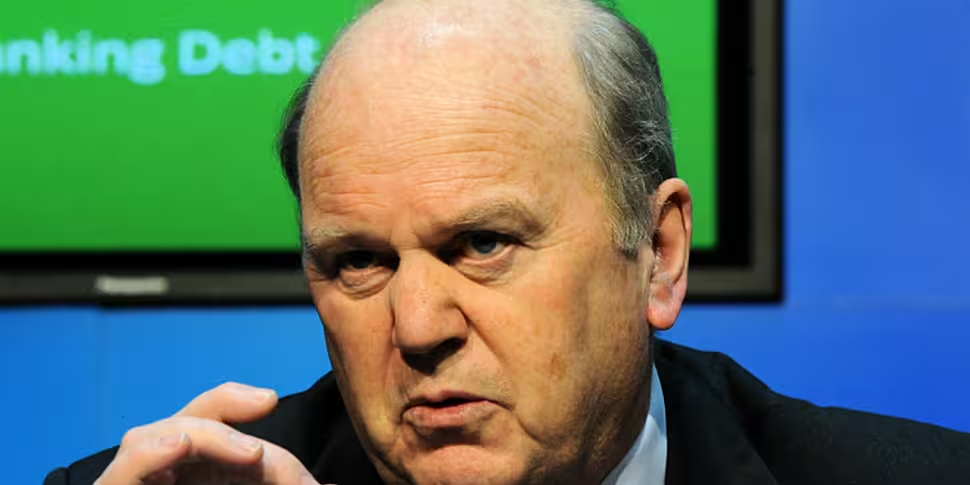Although Ireland has exited the EU-IMF bailout, the country is still subject to twice-yearly meetings with the Troika until 75 percent of its loans are repaid. These reviews are part of the terms of the original bailout deal.
As the Troika arrive for a four-day stint in the capital there is a lot to be discussed...
The Good
The primary focus of the meeting is to evaluate Ireland's ability to repay its loans. The country is currently experiencing the strongest growth figures in the European Union with a recent forecast by the European Commission predicted that growth will be 4.6 percent this year.
Ireland looks set to pay back the IMF loans sooner than originally expected. These are Ireland's most expensive loans - the interest rate is almost five percent.
In order to prioritise the paying back of IMF loans before paying back loans owed to Europe, Ireland needed to get permission from EU member states. Full clearance was received last week when the Swedish parliament’s finance committee voted to allow Ireland to repay the costly IMF loans.
Earlier this month the Government sold its first 15-year bonds since 2009 and raised €3.75 million. It is believed that the Government has €2 billion set aside to add to these funds to repay IMF loans. The Government hope to repay the IMF loans in three €6 billion payments over the next three years.
The Bad
It is expected that the Troika will discuss Ireland's ballooning property market, the debacle over water charges, Ireland's future corporate tax structure, and the Government's recent 2015 Budget.
Other topics of conversation are likely to include health spending, the long-delayed Legal Services Regulation Bill and business conditions for small and medium companies in Ireland.
The Troika are set to meet with senior officials from the Departments of Health and Justice, Finance, Public Expenditure and Reform, as well as the Central Bank, the National Treasury Management Agency and the National Asset Management Agency.
The Ugly
The timing of this visit coincides with a heightening of tensions over the implementation of water charges. Many protesters see the water charges as part of a hangover from the EU/IMF bailout. The appearance of the Troika on the streets of the capital could provoke a negative reaction from anti-austerity groups.
The IMF's visit also comes after its own Independent Evaluation Office released a report in October which was critical of the IMF's treatment of Ireland. The report found that austere policies had an overly-negative effect on the Irish economy and did far more damage than originally expected.
The report finds that the policies led to increases in unemployment and depressed domestic demand for goods and services.
Newstalk's political editor Shane Coleman explains the political implications the Troika's visit will have for the Government.









